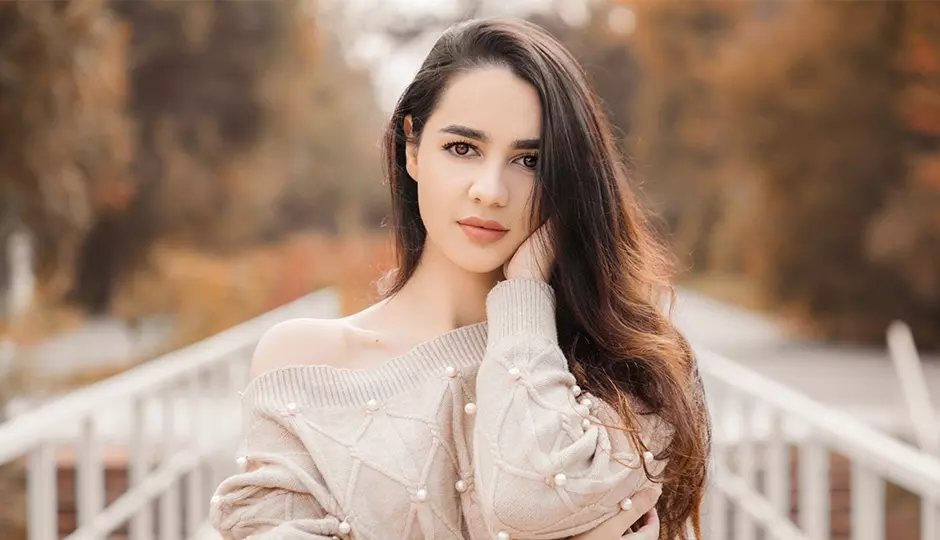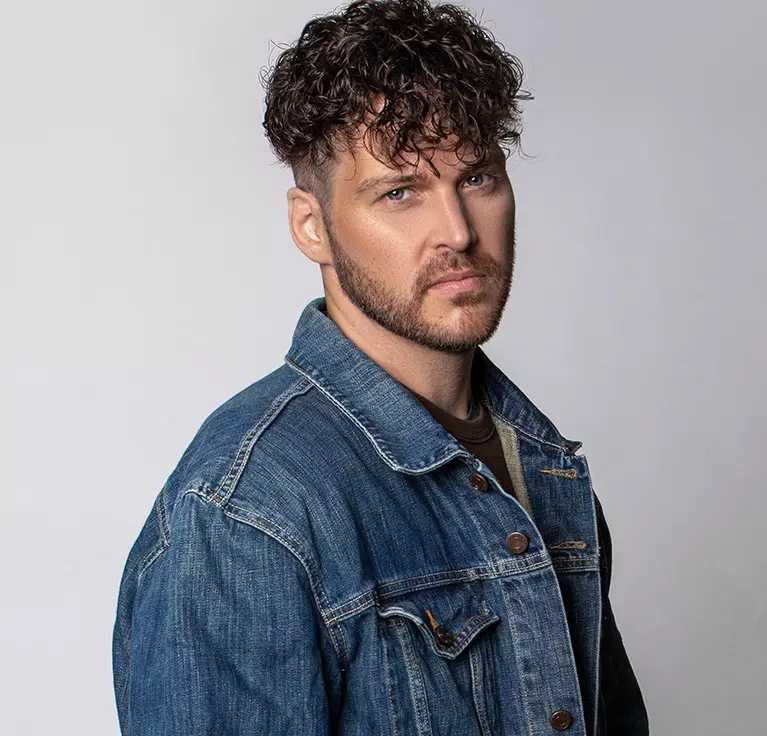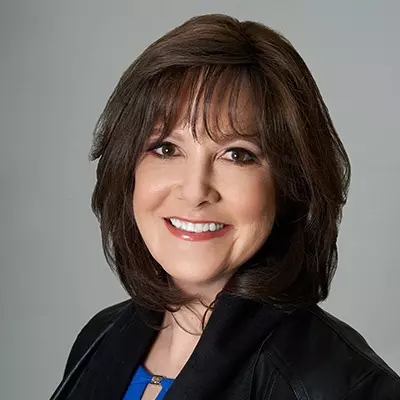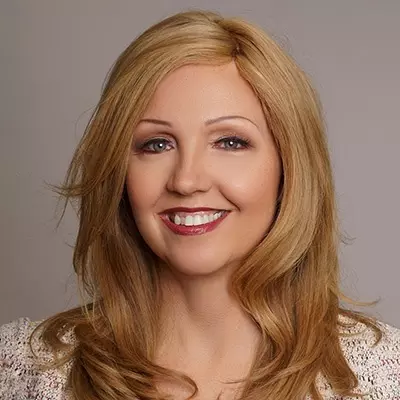While it is normal to shed about 100 hairs or so each day, an increase in hair loss can be caused by various factors and may indicate a serious medical condition. Thinning hair and hair loss as you age are normal and usually hereditary, but nutrient deficiencies, such as low iron levels, can also trigger hair loss.
Iron Deficiency
Low levels of iron in the body can create a common type of anemia known as iron deficiency anemia, a condition where blood lacks an adequate supply of healthy red blood cells necessary to carry oxygen throughout the body.
Your body requires iron to produce a substance in your blood called hemoglobin. Hemoglobin is responsible for supplying your cells with the oxygen they need to repair and regenerate. Iron is critical to stimulating healthy cell growth, including the cells that stimulate hair growth.
What Causes Iron Deficiency?
Low iron can be caused by several factors, the most apparent being diet. Your body's iron supply comes from the foods you eat, and if you don't consume an adequate amount of iron-rich foods, you can become iron deficient. Iron is an essential component of healthy cell growth throughout your life. Meat, leafy green vegetables, eggs, and iron-fortified foods are a few examples of iron rich-foods needed to ensure adequate iron levels.
Iron is contained in your red blood cells, so you will also lose iron if you experience blood loss. Chronic internal blood loss, such as from a peptic ulcer, colon polyp, colorectal cancer, or another internal disorder, can also cause iron-deficiency anemia.
Many pregnant women require iron supplements to prevent iron deficiency anemia. The increased blood volume and the need to supply hemoglobin for their own body and a growing fetus can often deplete the body's stored iron supply. Women who experience heavy periods are often at risk of iron deficiency anemia due to blood loss during menstruation, as are women who experience heavy bleeding during childbirth.
An iron deficiency can also be caused by an inability of the body to absorb iron and other nutrients. Iron is absorbed from your food and into your bloodstream in the small intestine. An intestinal disorder may affect the intestine's ability to absorb the nutrients in your digested food and lead to an iron deficiency. Internal surgeries where a portion of the small intestine is removed or bypassed may also affect your body's ability to absorb vital nutrients such as iron.
Low Iron and Hair Loss
Iron deficiency anemia caused by low iron is one of the leading causes of hair loss. While hair loss due to low iron often has symptoms similar to hereditary hair loss, it is an entirely different condition. Low levels of iron affect the scalp and hair by limiting the flow of oxygen and essential nutrients necessary for the growth of healthy hair. Low iron levels are easily diagnosed with a simple blood test. Typically, changing to a diet that includes iron-rich foods or iron supplements can correct iron levels, keeping both you and your hair healthy.
We Can Help!
Excessive hair loss can signal a nutrient deficiency or a variety of other conditions. But if you feel like you are losing too much hair, before you self-diagnose or begin treating yourself with supplements, consult with a professional.
At Mane Image, our staff of experienced hair specialists can help you determine the cause of your hair loss. After finding the cause and any contributing factors, our experts will customize a treatment plan to meet your specific needs. To learn more about hair loss causes and what you solutions are available to you, contact us today and schedule your FREE initial consultation.











